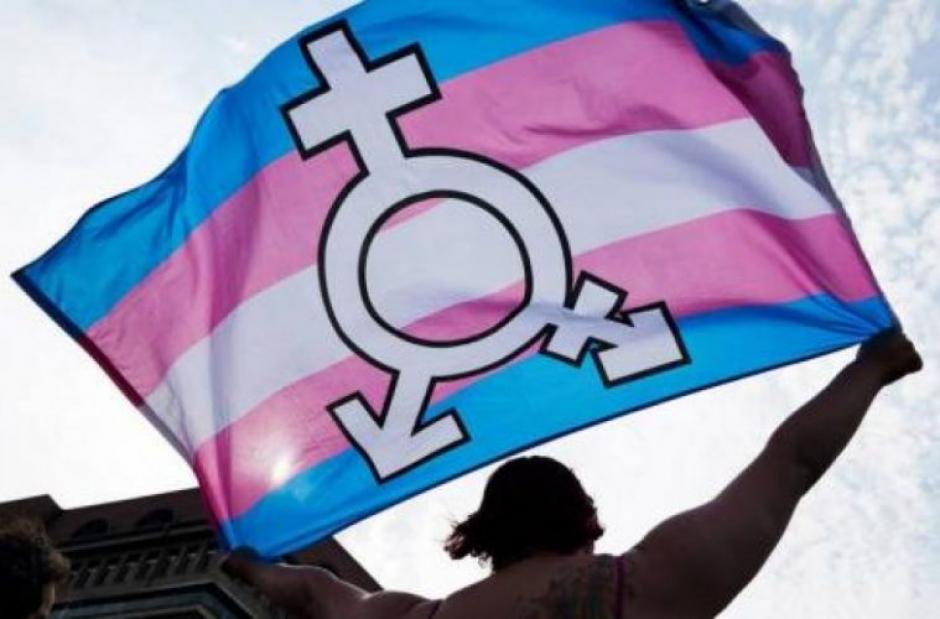
Any struggle for the rights of a minority is a humanist struggle.
On March 1 of each year, by proclamation of the United Nations (UN) General Assembly of December 1, 2013, Zero Discrimination Day is commemorated as a way of highlighting the right of every person to be free from discrimination.
This commemoration, which began as a campaign launched by the Joint United Nations Program on HIV/AIDS (UNAIDS), was later expanded in response to the need to raise awareness of the importance of recognizing and respecting the rights of each person, as well as the identification and censure of any type of differential, exclusionary or restrictive treatment in any form.
Although in most of the Western world the problem of HIV has gone from being threatening and generalized to being experienced as a chronic health condition that can be treated with antiretroviral pills, many HIV-positive people continue to suffer discrimination in access to health and work. Above all, because of the characteristics that increase their degree of vulnerability, the so-called "intersectionalities". These include gender, ethnicity, income level, age, religion and even physical appearance.
Rising inequality in the region has exposed the persistent poverty of large segments of the population, a situation that has been exacerbated by the AIDS pandemic that the world has been experiencing since the beginning of last year.
More generally, we constantly make distinctions in order to function as a society, but pigeonholing someone because of their difference is a form of violence. We often do not perceive or are not aware of our own prejudices, our own biased views of reality that see some of its components and prefer to make others invisible.
There are multiple elements that amplify discrimination against people living with HIV, some more visible than others. Perhaps one of the groups that suffer most radically are transgender people. A person is trans when he or she does not conform to the gender assigned at birth. A clear example in access to health care is that in many countries the social name that the trans person has decided to adopt is not recognized, but the name registered in the birth certificate is used in the health system. This often leads to their marginalization from public health systems, which is particularly serious in the case of HIV-positive people. If they are also migrants and/or undocumented, the situation is much more serious. In several countries, there is a lack of prevention and care protocols specifically designed for HIV-positive transgender people.
At a time when the feminist struggle has had so many achievements, we believe it is important to give greater visibility to these groups and become aware that gender issues go far beyond the feminine/masculine binary.
Humanists know that discrimination and inequalities are closely related. Forms of discrimination against individuals and groups are interconnected by both structural and social factors and lead to a wide range of inequalities that give rise to stigmatization and discrimination.
Humanists know that discrimination is violence and the Humanist Document states that "All forms of physical, economic, racial, religious, sexual and ideological violence, through which human progress has been hindered, are repugnant to humanists. All forms of overt or latent discrimination are a motive for humanists to denounce."
From this official document, the International Humanist Party denounces neo-fascisms as promoters of positions that exploit the malaise of large populations, creating false culprits to divert attention from the real culprits and dividing societies.
In these discriminatory forms there is a profound denial of human values, just as there is in the exploitation of large populations of workers, the exclusion of billions of people living in extreme poverty, or the failure to ensure health services in times of pandemics, among numerous other forms of discrimination.
"Nothing above the human being
and no human being below another"
Humanist Document (Silo, 1994).
International Coordination Team
Federation of Humanist Parties
